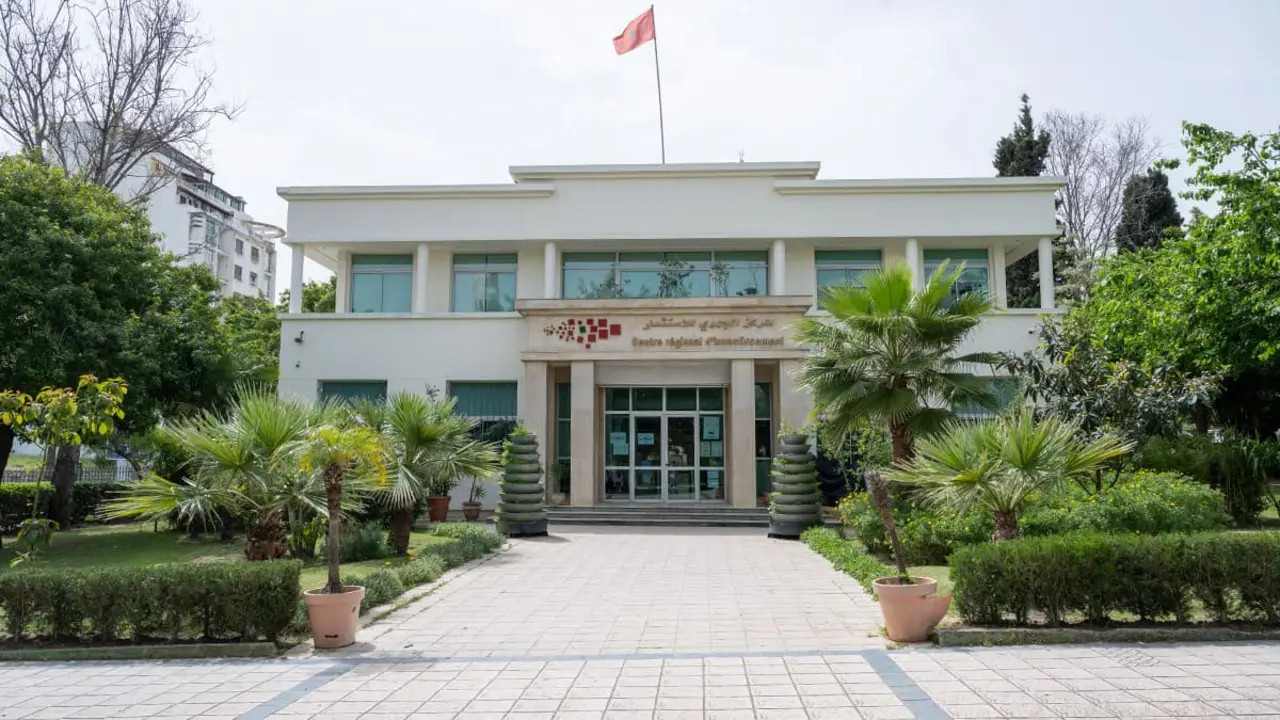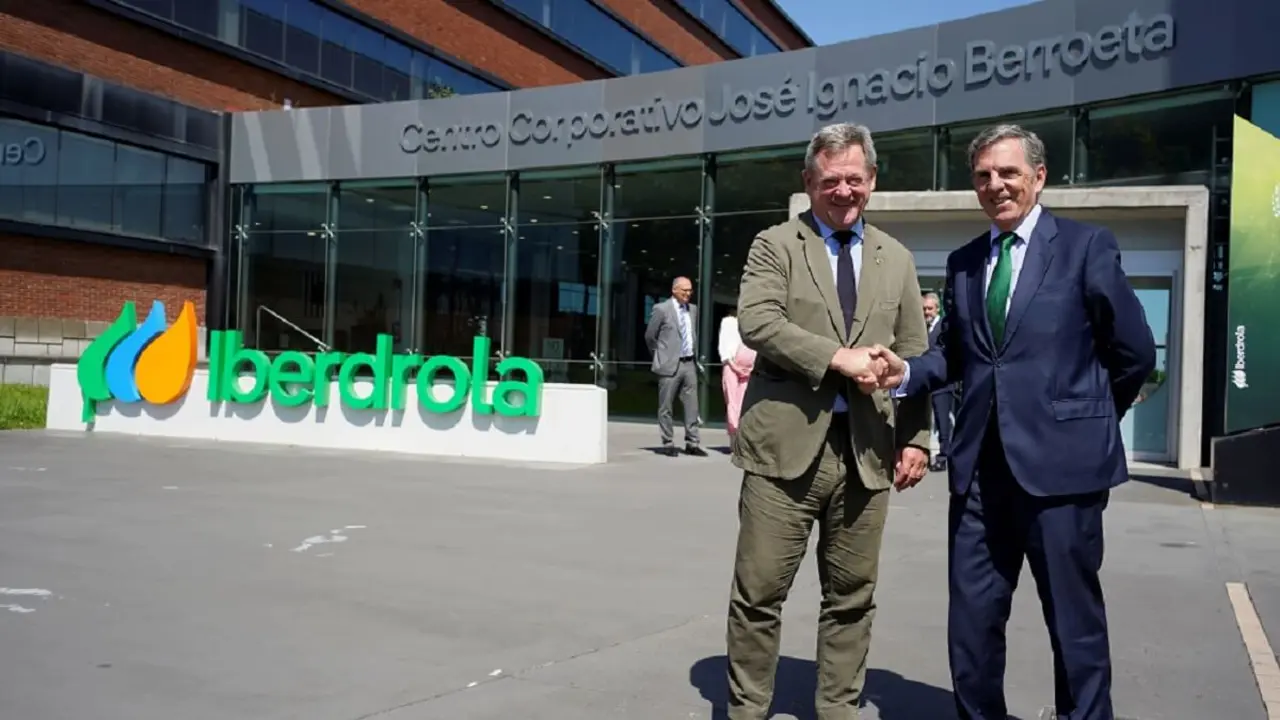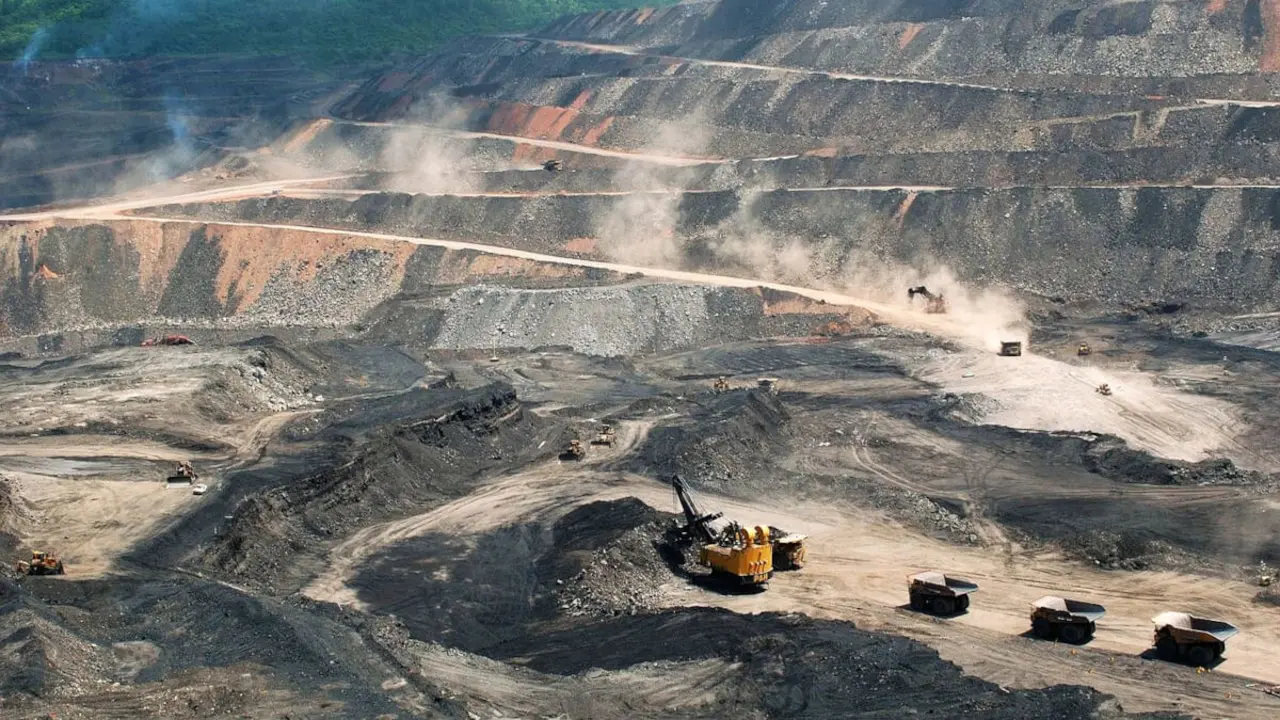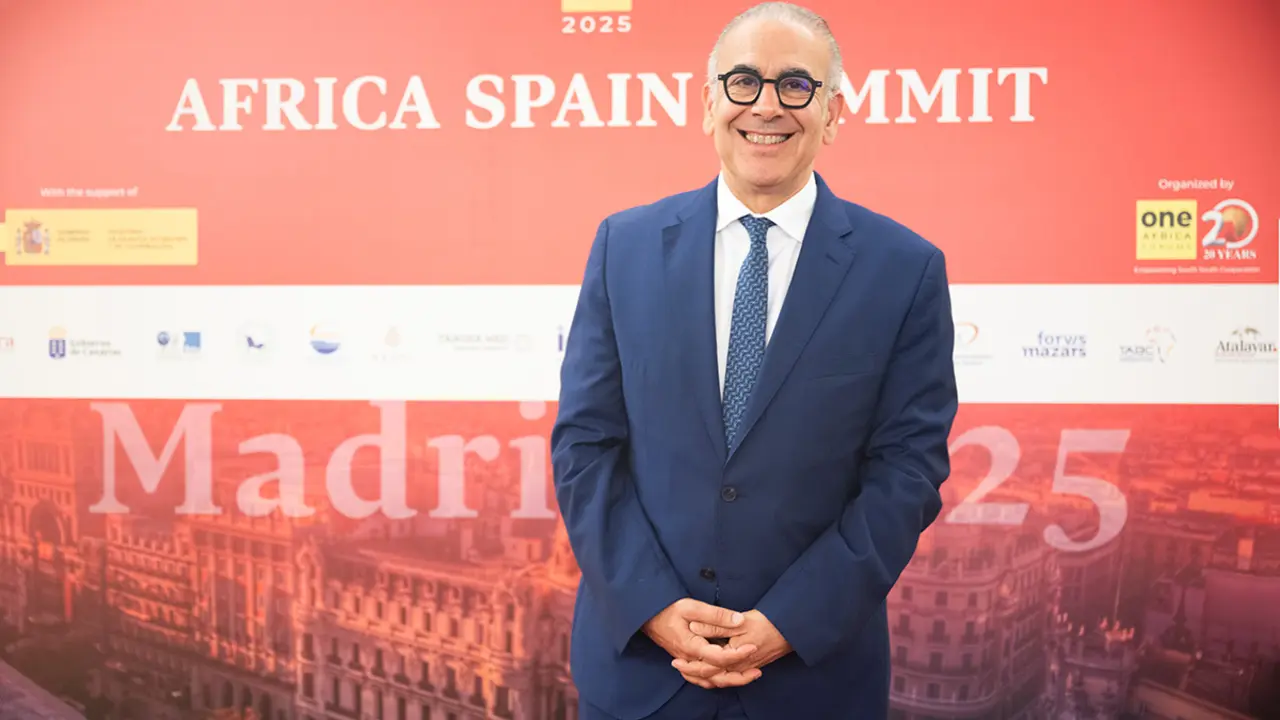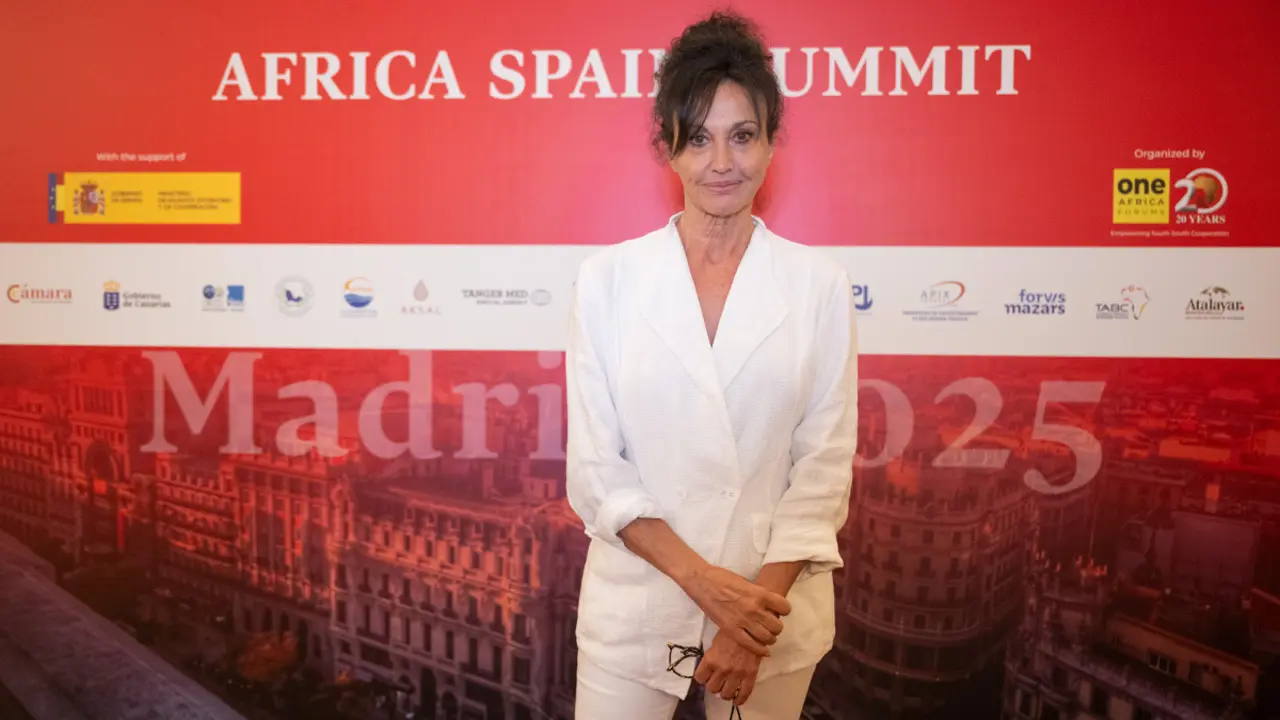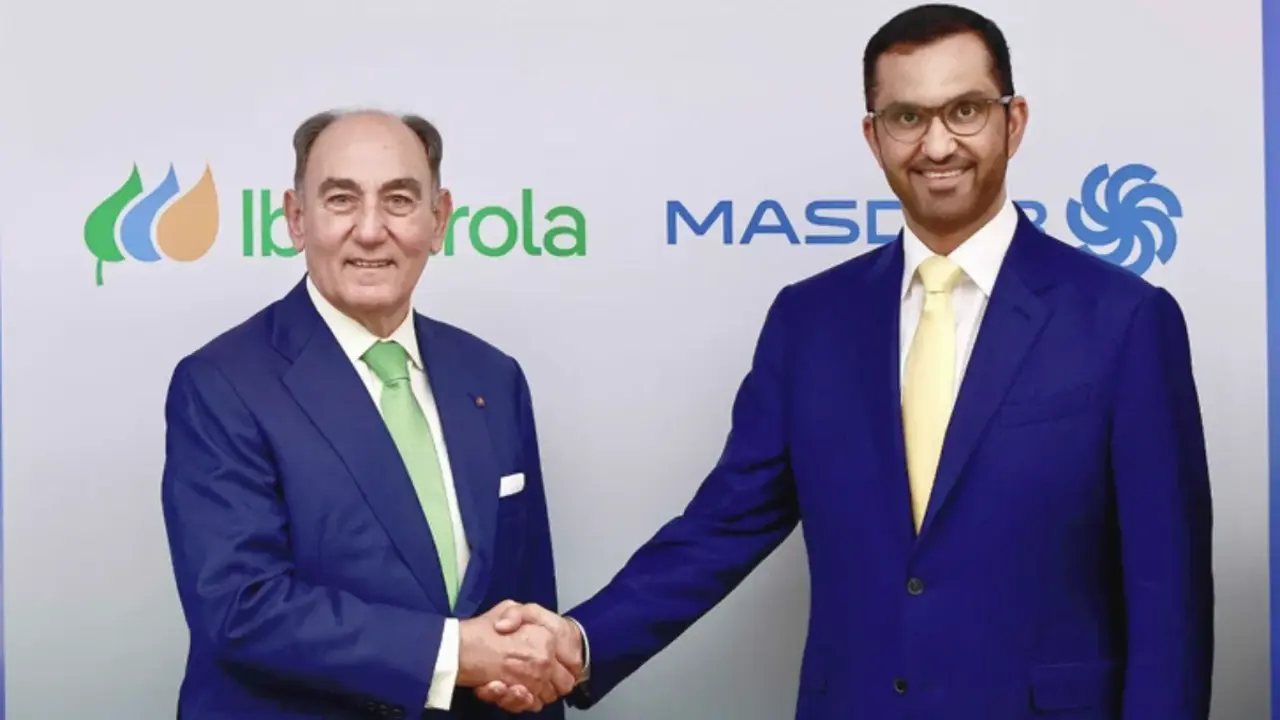Who are some of the Russian oligarchs sanctioned by the EU?

The European Union, along with the United States and other international partners, has imposed tough sanctions on a number of Russian individuals, companies and banks in response to the invasion of Ukraine. Brussels has announced measures against a total of 680 individuals and 53 entities. These include an asset freeze and a ban on travel, entry or transit through EU territory.
The EU has also excluded several Russian banks from the international Swift system, a mechanism that facilitates international transactions. Still on the economic front, transactions with the Russian Central Bank are also banned. Due to the sanctions, Sberbank has already announced its exit from European trade. "The group's subsidiary banks face an abnormal outflow of funds and a threat to the safety of employees and branches," Serbank said in a statement released by the TASS news agency.

As EU High Representative for Foreign Affairs and Security Policy Josep Borrell stressed, these sanctions target "all those who play a significant economic role in supporting Putin's regime and benefit financially from the system". "These sanctions will expose the wealth of Putin's elite. Those who enable the invasion of Ukraine will pay a price for their action," he warned.
Similarly, the EU has announced that it will deny permission to land, take off or fly over the eurozone to any aircraft operated by Russian airlines, as well as to aircraft not registered in Russia but otherwise controlled by a Russian natural or legal person. In keeping with the sanctions against the Russian government, Brussels has also banned the Kremlin-linked media outlets Russia Today and Sputnik from broadcasting.

Among those sanctioned by Europe are several political and military figures, such as Russian President Vladimir Putin, Defence Minister Sergei Shoigu, Chief of Diplomacy Sergei Lavrov, Commander-in-Chief of the Russian Ground Forces Oleg Salyukov, and Kremlin spokesman Dmitry Peskov. However, the list also includes a large number of oligarchs and members of the Russian elite close to the Moscow regime.
Alisher Usmanov, described by Brussels as a "pro-Kremlin oligarch with particularly close ties to Russian President Vladimir Putin", is one of the tycoons sanctioned. The Uzbek-born billionaire heads the Russian holding company USM, which is active in the mining, metallurgy and telecommunications sectors, but also has links to the sponsorship of the British team Everton.

According to the EU, Usmanov "is one of Putin's favourite oligarchs". "He is considered one of Russia's businessmen-officials, entrusted with servicing financial flows, but his positions depend on the will of the president," Brussels explains.
Usmanov has responded to the European sanctions, calling them "unfair and defamatory". "I will use all legal means to protect my honour and reputation," he said in a statement.
Another of those sanctioned is Mikhail Fridman, who has strong ties with Spain through his business relationship with the Dia supermarket chain. Fridman has close ties to Putin's administration, and is known as one of Russia's top financiers and a facilitator of the Russian leader's inner circle, according to the EU. "He has acquired state assets through contacts in the government," Brussels added.

Fridman, whose fortune amounts to 15.7 billion euros according to Forbes, is the founder and a major shareholder of Alfa Group, of which the large Russian bank Alfa Bank is a part. However, following the imposition of sanctions, the Russian tycoon has announced his departure from the board of Letterone, the investment fund that controls the supermarket chain.
He has also, like other Russian businessmen, criticised the Russian military operation in Ukraine, calling it "a tragedy". "The war should stop now, it is not the solution," Fridman said.
Regarding the sanctions, the billionaire called them "malicious and deliberate falsehoods", in a joint statement with Petr Aven, one of his partners. Aven, like Fridman, is also on the EU blacklist.

Aven, another major shareholder in Alfa Group, has been described as "one of Putin's closest oligarchs". "He is one of about fifty rich Russians who meet regularly with the Russian president in the Kremlin. He does not operate independently of the president's demands," says Brussels. Aven has followed his partner's lead and also left Letterone's board.
Energy commodities, such as gas and oil, play a major role in the Russian economy. For this reason, some tycoons in the sector have also been sanctioned, such as Igor Sechin, CEO of Rosneft, the state-owned oil company and one of the world's largest crude oil producers. In addition to this, Sechin "is one of Putin's closest and most trusted advisors and a friend", according to the EU.

"He has been in daily contact with the Russian president. He is considered to be one of the most powerful members of the Russian political elite. His links with Vladimir Putin are long-standing and deep", Brussels notes. Sechin is also alleged to have received "financial benefits and important assignments in exchange for subordination and loyalty".
Nikolai Tokarev, the head of Transneft, Russia's major oil and gas company, is also among those sanctioned. Tokarev is also an associate of Putin, with whom he served in the KGB during the 1980s.

Russian oil company Lukoil has been affected by the sanctions. The wealth of its chairman, Vagit Alekperov, has fallen by $13 billion this year, according to Bloomberg. So has Gennady Timchenko, head of Volga Group, who has lost an estimated $10.6 billion.
Timchenko, whom the EU considers "one of Putin's confidants", is also a shareholder of Bank Rossiya, a financial institution that has opened branches in Crimea and Sevastopol since Moscow's annexation of the peninsula. This, according to European officials, consolidates the region's integration into the Russian Federation.

Alexei Mordashchov is another shareholder of Bank Rossiya through his company Severgroup. Mordaschov, like Fridman, has condemned Russia's actions in Ukraine following the imposition of sanctions. "It is terrible that Ukrainians and Russians are dying, that people are suffering and the economy is sinking," the tycoon lamented, also calling for an end to "bloodshed", the German daily Handelsblatt reported.
Mordashchev has also commented on the European sanctions.The businessman assures that he has "absolutely nothing to do with the emergence of the current geopolitical tensions" and does not understand "why the EU has sanctioned him".
Similarly, Oleg Deripaska, chairman of the aluminium giant RUSAL, has commented on the Russian invasion of Ukraine. Via his Telegram channel, the billionaire called for peace talks to begin "as soon as possible".

The list of sanctioned journalists includes other businessmen, such as Sergei Roldugin and Alexander Ponomarenko, president of the Moscow-Sheremetyevo International Airport Administration, but also journalists, such as Tigran Keosayan, who is accused of spreading anti-Ukrainian propaganda in the Russian media.
Olga Skabeyeva and Yevgeniy Popov, both working for the Rossiya-1 channel, have been accused of the same. Vladimir Solovyov, a journalist with Rossiya-1, has also been criticised by the EU for his propaganda against Ukraine.

The same applies to Modest Kolerov, editor-in-chief of a portal used "to spread aggressive and biased propaganda speeches against Ukraine"; Roman Babayan, who accused Ukraine of a "fascist regime"; Yevgeni Prilepin, advisor to the Donbas separatists; and Arkady Mamontov, director of a propaganda film in support of Russia's annexation of Crimea.
In the media sector, several journalists from the Russia Today channel have also been sanctioned, as well as the editor-in-chief of RT International, Margarita Simonyan. The EU has described her as a "central figure in government propaganda". The decision to ban the network, Borrell said, was "a crucial step towards ending manipulation". "We cut the neck of the snake," he said.

Russia's invasion of Ukraine has hit the national economy hard. The rouble has fallen by almost 30 per cent against the dollar and the euro while the Moscow Stock Exchange remains closed by order of the Central Bank due to the "current situation". However, the authorities are trying to calm the population. According to Kremlin spokesman Peskov, "Russia has enough potential to compensate for the damage". "There are reaction plans. They were prepared, and now they are being implemented as problems arise," he added.
The Bank of Russia also says it has the "necessary tools" to deal with these challenges. However, many Russian cities have seen long queues at ATMs.

Europe, on the other hand, is declaring "total economic and financial war" against Moscow. French Economy Minister Bruno Le Maire said on national radio that sanctions would lead to "the collapse of the Russian economy". The current deputy chairman of the Russian Security Council, Dmitry Medvedev, responded to the French politician, pointing out that throughout history "economic wars have often turned into real wars".


